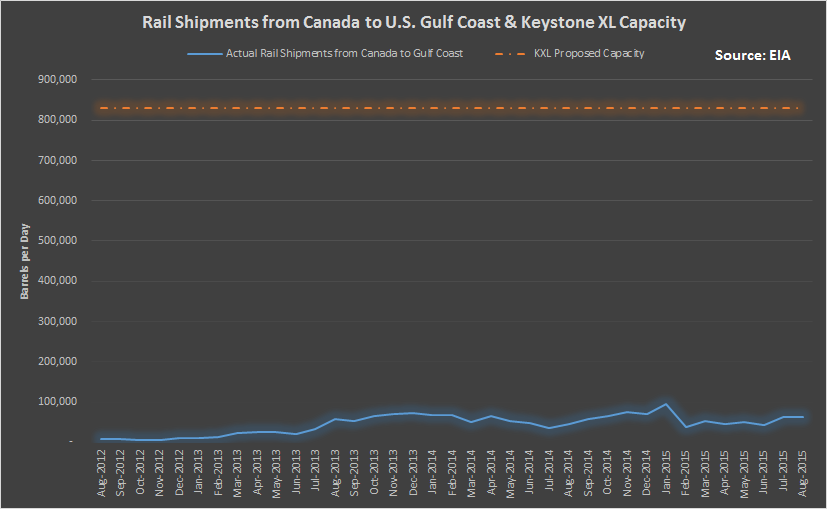Above Photo: Elvert Barnes/flickr/cc.
Note: The applause for stopping the KXL does not go to President Obama but to the tens of thousands of activists who pushed him. President Obama has done a great deal of damage to efforts seeking climate justice because his ‘all of the above’ energy strategy added to climate gas pollution. His false claims that gas is a clean energy, when methane is a much more significant short term climate gas than carbon, has led to a fracking boom that has many dangerous environmental impact.
We were pleased to see that activists did not limit themselves to the KXL pipeline but focused on multiple pipelines and carbon energy infrastructure. As we noted in last week’s newsletter the movement to stop carbon infrastructure and stop extreme energy extraction continues to grow and get stronger. We hope this victory over the KXL continues to build the strength of the movement because only people power can save the planet. KZ
The rejection of Keystone XL today marks a turning point for energy decisions: in future, policymakers will be under pressure to consider climate impacts of any new policies and infrastructure.
But it is not only setting a bar for future energy decisions: the climate impact of stopping this pipeline is real. Last week we released analysis finding that the existing pipelines out of Alberta are already 89% full: if no more are built, tar sands production cannot grow.
Keystone XL was one of five proposed new tar sands pipelines. We now see a real prospect that all of them will be stopped:
- Since the Canadian election result last month, Enbridge’s proposed Northern Gateway –opposed by Justin Trudeau’s Liberal Party – is now generally considered dead.
- Kinder Morgan’s Trans Mountain Expansion, also proposed to the British Columbia coast, faces increasing opposition and legal challenges from First Nations, the public and largemunicipalities, and extensive criticism of failings of the NEB approval process has led to a running series of delays.
- A set of expansions to the Enbridge Mainline system have recently been delayed following objections from landowners, indigenous groups and local regulators, as public oppositionintensifies. The Alberta Clipper expansion, part of that system, is awaiting a State Department decision, and the company’s attempt to circumvent with a routing trick is currently beingconsidered by federal courts following a legal challenge.
- The Energy East pipeline – having already been delayed by two years, this week abandoned its search for a second port terminal, putting the project’s economics on the line, and further reinforcing the Quebec Government’s view that the project offers the province no economic advantage to offset the spill risk; last month, a survey of Montreal residents found 96% against it.
Nor is rail going to take KXL’s place. That’s not just our view: the crude-by-rail industry says it too. According to Stewart Hanlon, President & CEO of Gibson Energy, “Crude by rail is not a panacea. It’s not going to replace pipe.” And in case of any doubt, check out this chart of actual crude-by-rail shipments from Canada over the last three years:

Perhaps unsurprisingly, today some commentators responded to Obama’s announcement with a collective shrug. Citing a recent article in the Wall Street Journal, some pointed out that tar sands are flowing in record volumes into the USA. Those claims miss the point. While new pipelines in Oklahoma and Texas over the last two years have eased past bottlenecks, that has pushed the chokepoint back to the border, where today’s decision hits.
So, ignore the commentators and industry spinners who say this decision doesn’t matter. Today, the climate movement succeeded in keeping a lot of carbon locked safely in the ground.


